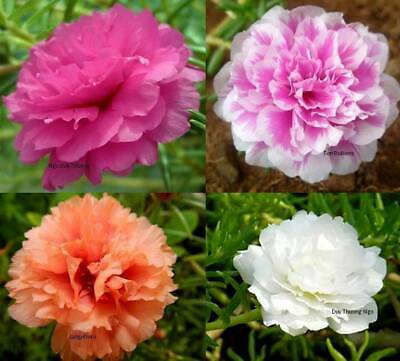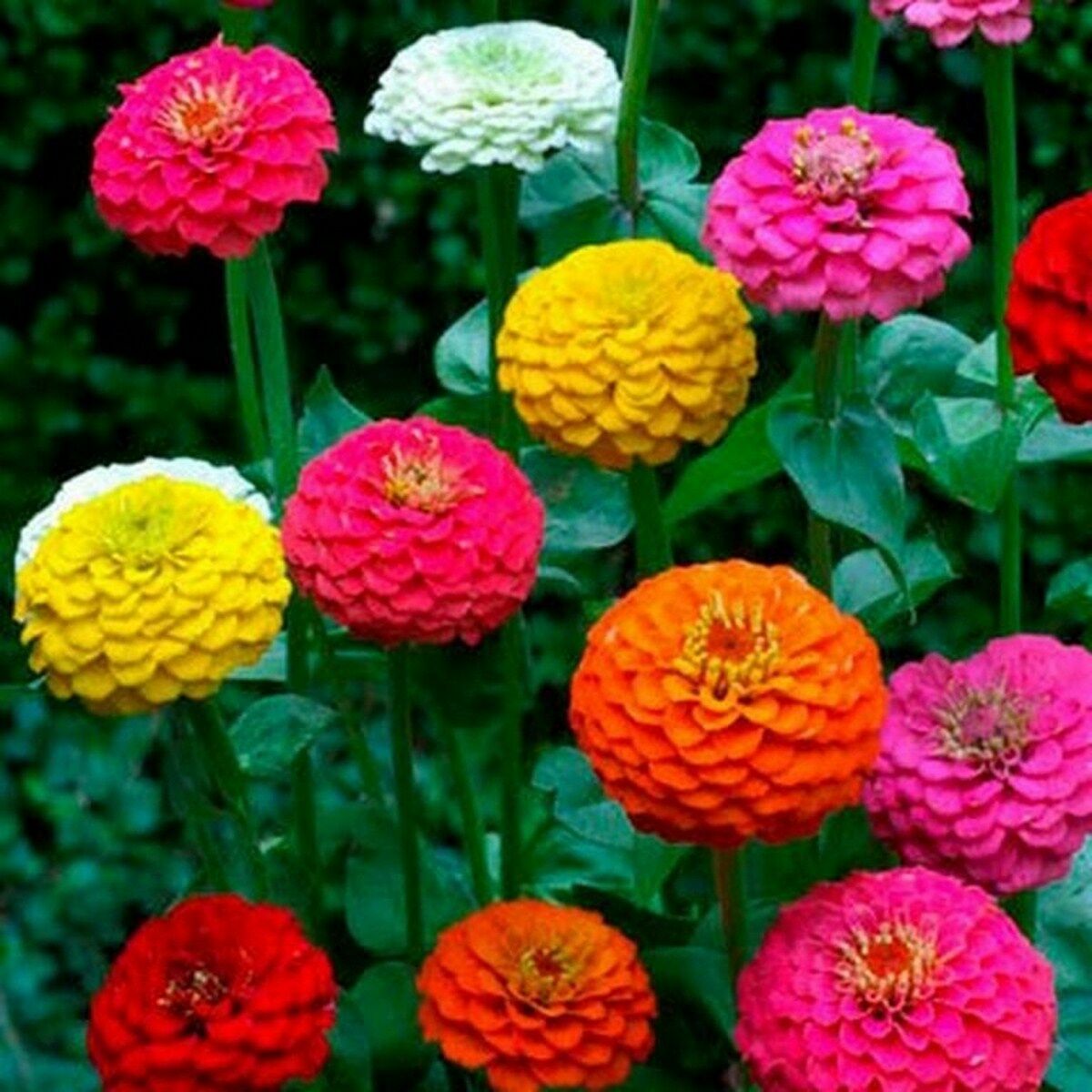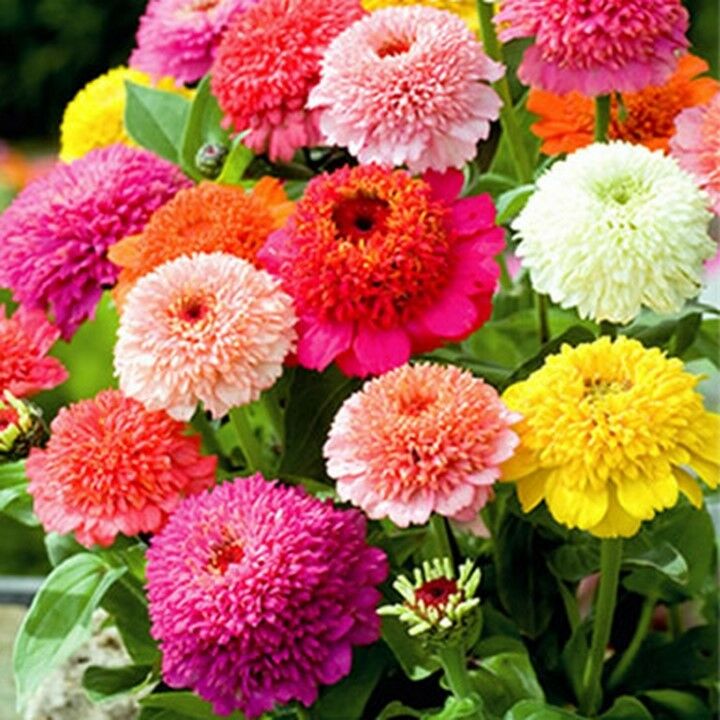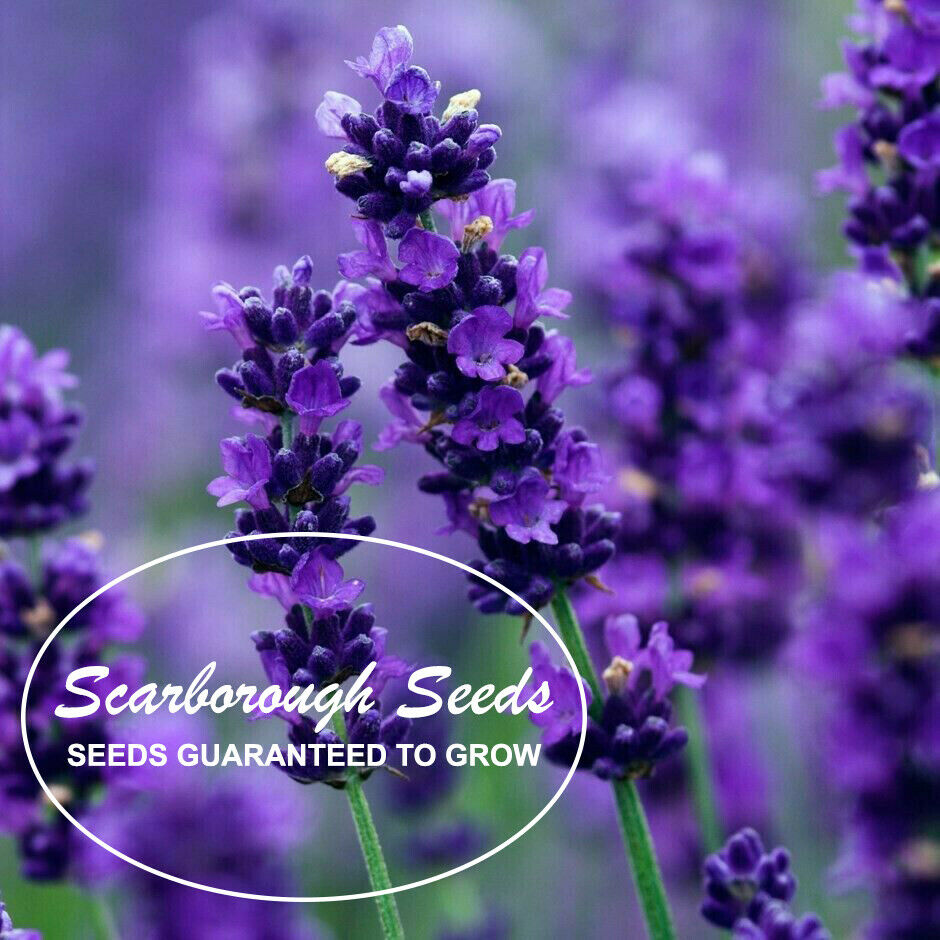-40%
2500 CATNIP SEEDS - NON GMO - FREE SHIPPING
$ 1.34
- Description
- Size Guide
Description
Catnip Herb Garden Planting SeedsCatnip Latin Name:
Nepeta cataria
Catnip Herb Days to Maturity:
80-90, Perennial
Catnip Hardiness Zones:
3-9
Catnip Herb Planting Depth:
1/4”
Catnip Plant Spacing:
18-24”
Catnip Growth Habit:
Upright
Soil Preference:
Moderately rich and well-drained
Temp Preference:
Warmer
Light Preference:
Full sun
Catnip pests/diseases:
Aphids, spider mites and blight
Catnip Herb Color:
Light-green stalks with sage-colored leaves
Catnip Herb/seed Flavor:
Minty, aromatic, sweet and herbaceous
Catnip Herb Growing Habits
Non-GMO (Nepeta cataria) catnip plants grow as upright perennial herbs, reaching 1-3’ high during the warmer season. Your aromatic catnip will provide an herbaceous, minty scent with edible sage-colored leaves, growing jagged and 1-3” long by summer. An heirloom and member of the mint family, Catnip plants, also known as “catmints” will grow as a weedy, but abundant crop if the flowers remain unpinched, easily spreading and developing small white and violet-colored flowers that become frosted with fuzzy texture, before going to seed near the end of spring.
The Various Human Uses for Catnip Herb Garden Seed
Believe it or not, catnip can be consumed in small, single-serving amounts by humans too! With its jagged sage-colored dried leaves, use 1 tablespoon in hot water to steep into a calming tea with a minty herbaceous flavor. Be sure to only have 1 cup. Catnip perennial herbs can also be cooked as a seasoning in soup or make an aromatic garnish to salads with its fresh leaves. Catnip isn’t recommended for children and shouldn’t be consumed if you’re pregnant. Weedy garden herbs such as Catnip also attract beneficial pollinators such as bees and butterflies.
The Cat Benefits of Growing Catnip Herb Seed
If you feel like giving your cat a natural toy to enjoy at home, then dried catnip is easy enough to make yourself! Simply take a bundle of harvested catnip stalks and air-dry by hanging upside down. You place sprinkle some of the dried Catnip leaves on your feline’s scratching post or bed to help calm them or stimulate play. Cats also are attracted to freshly grown catnip. Plant herbaceous catnip in a small pot on your porch for cats to come visit.














